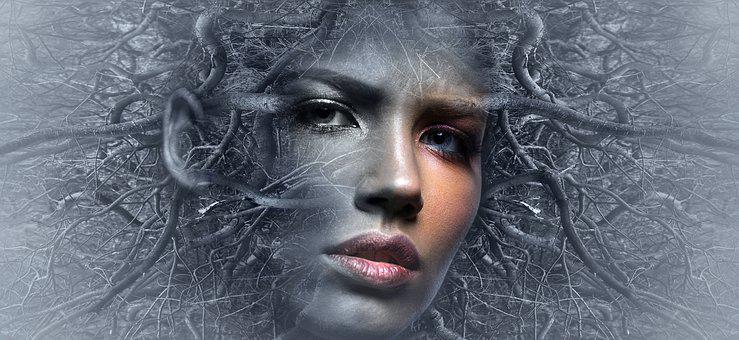Sunday August 21, 2022, four texts will be read.
First reading Book of Isaiah (Is 66, 18-21).
Psalm 116.
Second reading Letter to the Hebrews (Heb 12, 5-7.11-13).
The Gospel according to Saint Luke (Lk 13, 22-30).
Luke 13, 22-30
At that time, while on his way to Jerusalem,
Jesus went through towns and villages teaching.
Someone asked him, “Lord, isn’t there
how few are saved? »
Jesus said to them, “Strive to enter
through the narrow gate, for I tell you,
many will seek to enter
and will not succeed.
When the master of the house will have risen
to close the door,
if you, from the outside, you put yourself
to knock on the door, saying:
“Lord, open to us”, he will answer you:
“I don’t know where you are from.”
So you’ll say:
“We ate and drank in your presence,
and you taught in our squares.”
He will answer you: “I don’t know where you are from.
get away from me,
all you who do injustice.”
There will be weeping and gnashing of teeth,
when you see Abraham, Isaac and Jacob,
and all the prophets
in the kingdom of God,
and you yourselves will be cast out.
So we’ll come from east and west,
north and south,
take your place at the feast in the kingdom of God.
Yes, there are last who will be first,
and of the first who will be last. »
The salvation granted to a few virtuous elect?
In the Gospels, the theme of the “narrow door” comes up several times. Christ refers to it in the parable on the two ways (Matthew 7, 13) or in that on the rich young man (Matthew 19, 16-26). We find it today in the Gospel according to Saint Luke: “Strive to enter through the narrow gate… (Luke 13:24). The message is that the path to the Kingdom of God is difficult and very few find it. He also understands that “from the days of John the Baptist until now the Kingdom of heaven is beset with violence” and “it is the violent who snatch it” (Matthew 11:12).
These words question us. Indeed, when we think of the Kingdom of God, we tend to envision it in a passive form. In other words, it became a form of legal reward for a life that met various religious and moral requirements.
These verses seem to indicate that this standard imposed by Christ is quite strict and that in the end very few people manage to reach it. God would then only want the salvation of a few perfectly virtuous chosen ones. However, the Gospels also tell us that “God so loved the world that he gave his only begotten Son, that whoever believes in him should not perish but have eternal life” ; and insist: “God did not send his Son into the world to judge the world, but that the world might be saved through him” (John 3, 16-17). How to understand this paradox?
How to properly understand the “Kingdom of God”?
The difficulty stems above all from a misunderstanding of the Kingdom of God. If the Kingdom is only a reality that we enter to be rewarded for having lived a perfect life, then the Gospels crumble and the God implied in them becomes, at the very least, alarming. Certainly, the path to the Kingdom is arduous and the path to it is narrow.
This is true not because God would want it to be difficult for us to enter. This is difficult because of the very nature of the spiritual disease that afflicts us. We often forget that sin is a spiritual disease that attacks the very fiber of our humanity. Saint Paul describes it as a corruption, a word which means “rot”. However, the teaching of the New Testament does not bear on the requirements to be fulfilled in order to be admitted into the Kingdom of Heaven. It is about how to become citizens of the Kingdom to come. This is therefore not a moral accomplishment, but an ontological change in our life, a true metanoia.
Change, healing and the narrow way are linked
This life of change and healing from the image to the likeness of Christ is a narrow path. It requires moving from the fragmentation of our individual life to the integration of the fullness of life in Christ characterized by the fullness of his love. “We do not save ourselves alone, writes Charles Peguy. One does not return to the Father’s house alone. We shake hands. The sinner shakes hands with the saint and the saint shakes hands with Jesus. »
This reality of the Kingdom is marvelously represented by the fresco of the Holy Savior-in-Chora (Church-Museum of Istanbul), which, moreover, reveals to us that the only sin consists, ultimately, in not accepting the grace of the resurrection. May it be done to us according to this grace!
Julija Vidovic is a professor of bioethics and the history of ecumenical councils at the Saint-Serge Orthodox Theological Institute; Lecturer at the Catholic Institute of Paris.
We would love to give thanks to the author of this short article for this outstanding material
Biblical meditation: the narrow gate
Discover our social media profiles , as well as other pages that are related to them.https://nimblespirit.com/related-pages/

